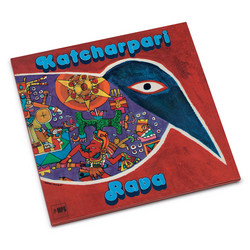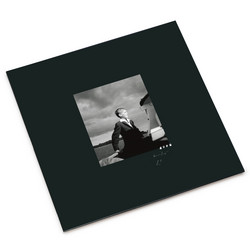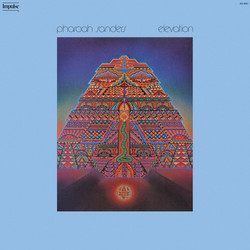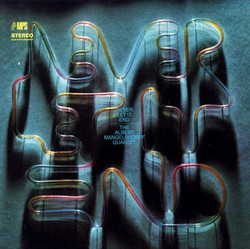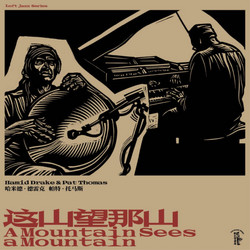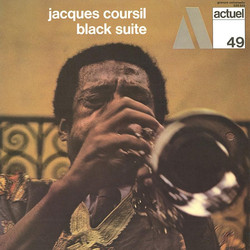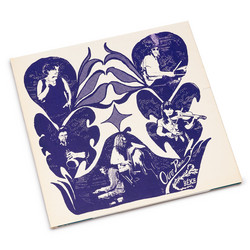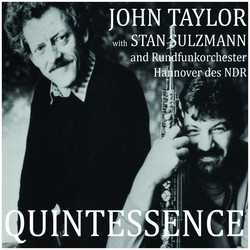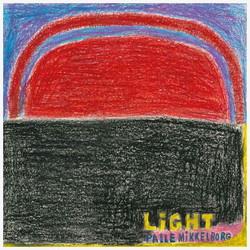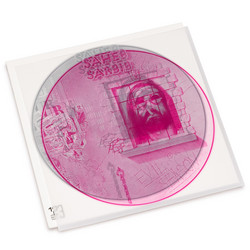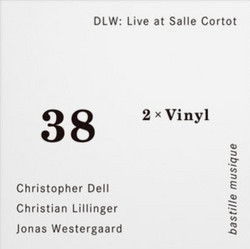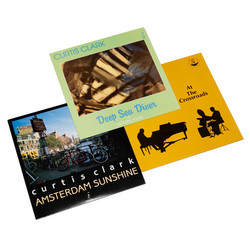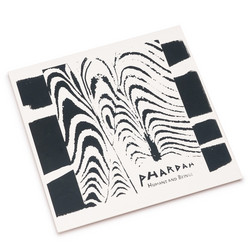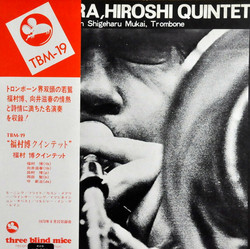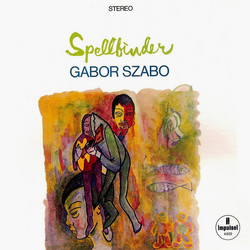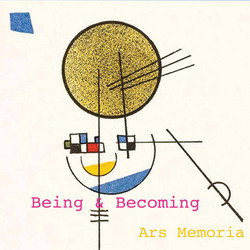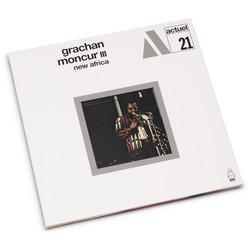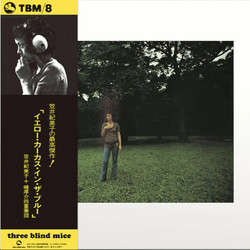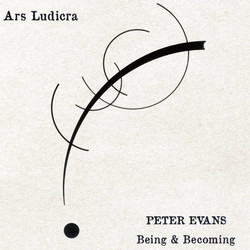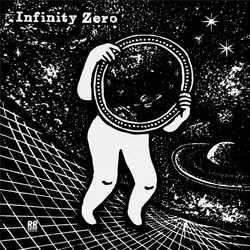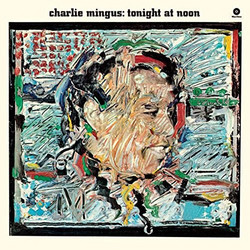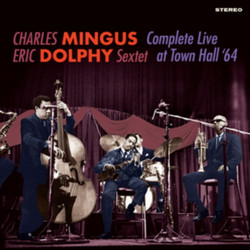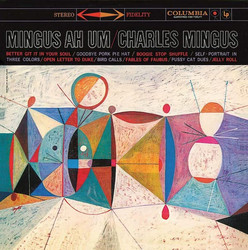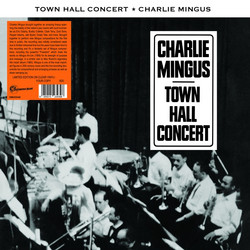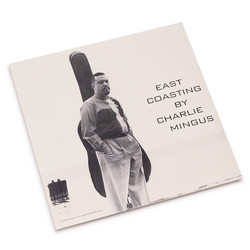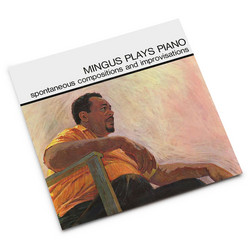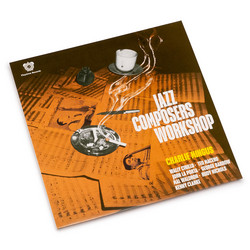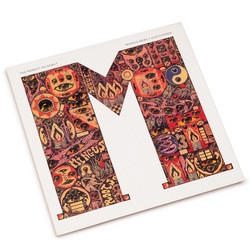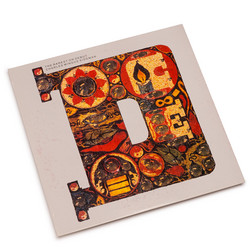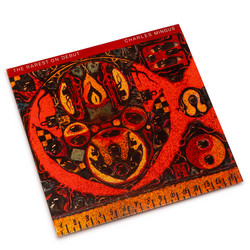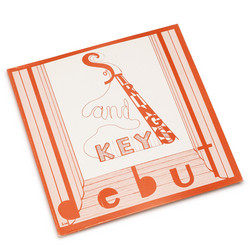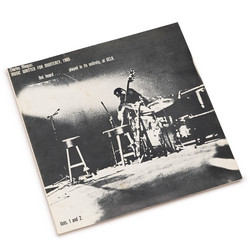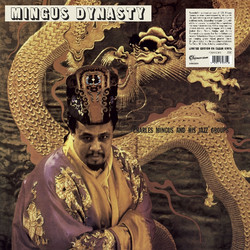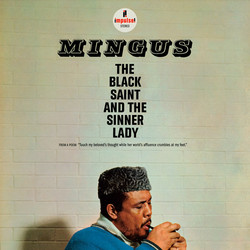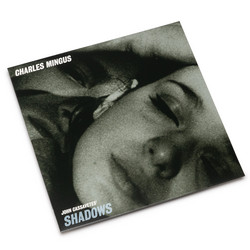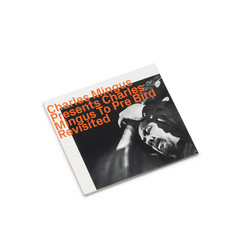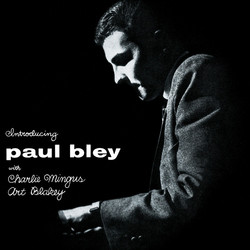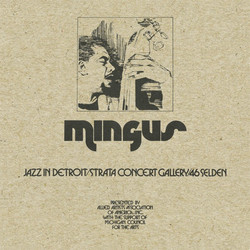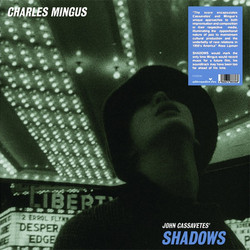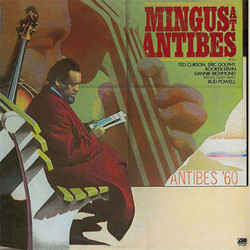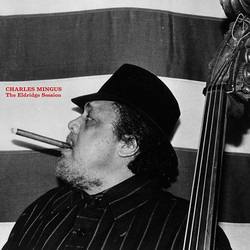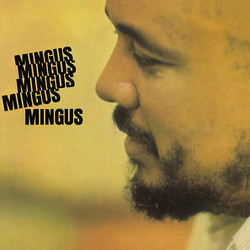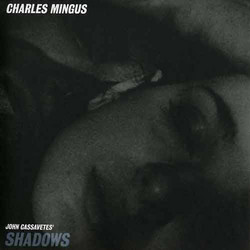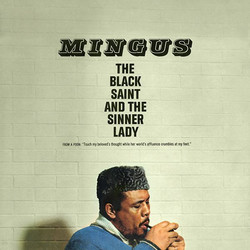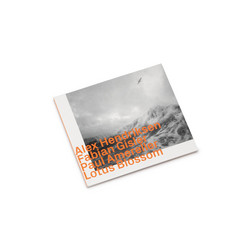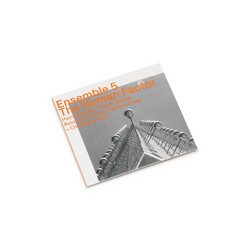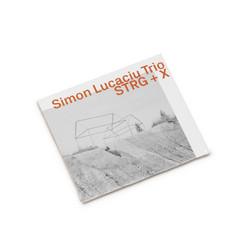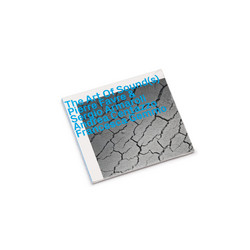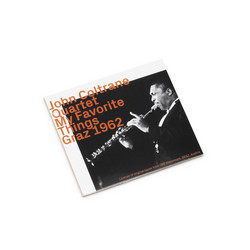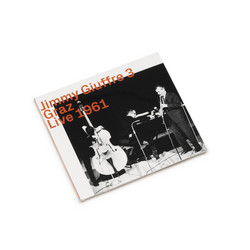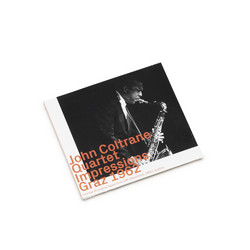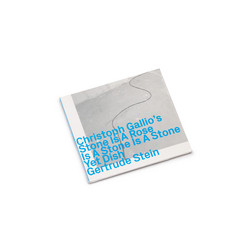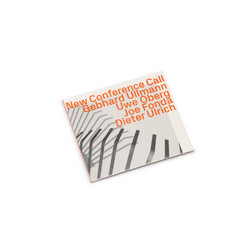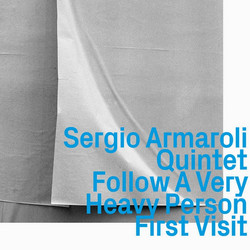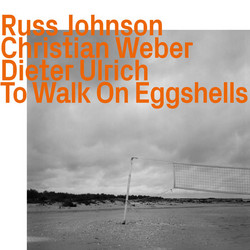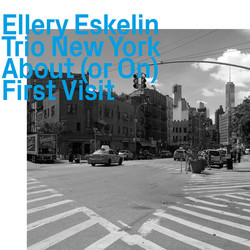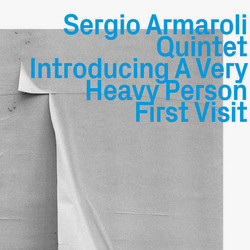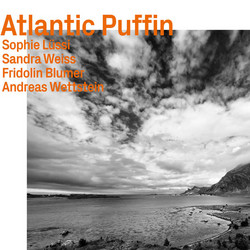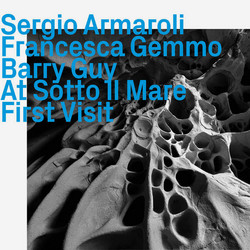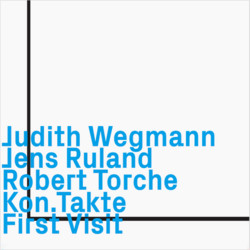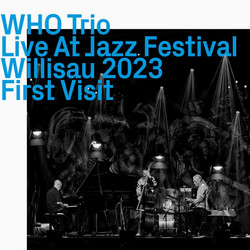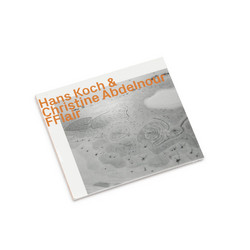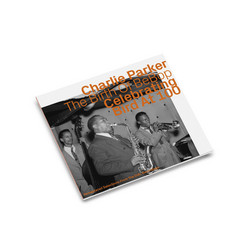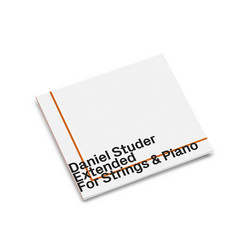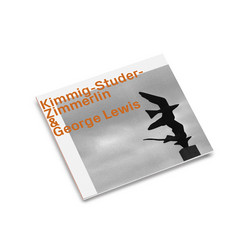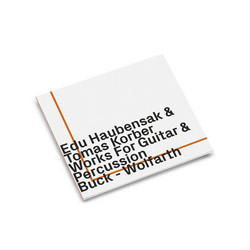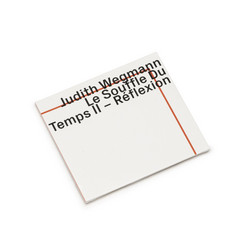Temporary Super Offer! "Mingus the visionary composer. Mingus the virtuoso bassist. Mingus the volcanic bandleader. As the 1960s began, with the new decade bringing a radically expansive new view of the possibilities of jazz expression, Charles Mingus, by virtue of his brilliantly nonconformist creative imagination, willingness to take risks along experimental paths, and (because of, or in spite of) an oft-times confrontational rebellious nature, had established himself among those in the forefront of the music's modernist push. His earliest, ambitious compositions for large ensembles in the late '40s (many not recorded until years later) visited territories ranging from Ellingtonian lyricism to Richard Strauss-inspired tone poetry, and his '50s ventures included adventurous Jazz Workshop investigations in tonality and formal designs as well as dynamic reconfigurations of his gospel and blues roots. But the band he brought to the July 1960 jazz festival in Antibes, France, was to prove one of the pivotal, most impactful and exhilarating, of his career.
There's little doubt that Mingus' compositional perspective focused on large ensembles - ideally, orchestral - but economic realities and the popularity of small band performance venues denied him such opportunities. His method of dealing with this was to devise groups ranging from six to ten pieces, with multiple horn front lines, for his recording sessions beginning in 1953 through '73 (only the Pithecanthropus Erectus and The Clown dates, plus one trio with pianist Hampton Hawes, and the Candid quartet, broke this pattern), that allowed him the voicings he needed for timbral contrasts, countermelodies, propulsive riffs behind soloists, and group polyphony. The size of the band for live performances would depend upon the circumstances of the gig. The construction of the group he brought to Antibes represented a shrewd stylistic breadth - Ted Curson as both swing and post-bop trumpeter, Booker Ervin the blues-tinged tenor saxist, Eric Dolphy's alto sax on the cusp of free jazz, and drummer Dannie Richmond as the rhythmically loose cannon.
Yet the most unconventional aspect of this band is the lack of a pianist. As can be heard, Mingus himself added piano details at times here (and his brilliant bass playing holds the group together throughout), but the germ of his decision likely had to do with the emergence of Ornette Coleman. On the rare previous occasions, live or in the studio, when Mingus failed to hire a pianist he typically made sure vibist Teddy Charles was on hand to supply harmonic support. But the Antibes performance reflects the same attitude that would lead to the acclaimed Candid quartet recording just three months later. If Mingus the composer inevitably sought musical expression of his own multifaceted personalities, his role as bandleader - beyond the varied interpretive presentation of his pieces - was to provoke his soloists into a new, if equally personal, mode of spontaneous creativity, ultimately free of the overpowering influence of Charlie Parker. Thus regarding Ornette, he told Leonard Feather in down beat published just two months before Antibes, "Now aside from the fact that I doubt he can even play a C scale in tune, the fact remains that his notes and lines are so fresh. ... I'm not saying everybody's going to have to play like Coleman. But they're going to have to stop playing Bird."
The material Mingus chose for the festival looks back to the recent past and ahead to the future, but significantly the absence of piano opens up the harmonic environment and frees the background for unpredictable horn responsibilities. Arranged to suggest larger forces, the horns provide spirited riffs and supportive or contrasting lines behind the soloist - most remarkably on "Folk Forms I," where the thematic polyphony builds tumultuous tension. According to Mingus scholar Brian Priestley, this tune and "What Love" (an abstraction of "What is This Thing Called Love") are actually the oldest, having been conceived in the late '40s and early '50s, respectively. "Wednesday Night Prayer Meeting" and "Better Git Hit in Your Soul" date from 1959 Atlantic and Columbia sessions, here receiving soulful Ervin and chromatic inside-out Dolphy excursions. "Prayer for Passive Resistance" was the newest, appearing earlier in '60 on the Pre-Bird/Mingus Revisited album. The addition of Bud Powell on the rambunctious "I'll Remember April" was simultaneously a nod to Mingus' musical past (remember, Mingus was bassist on the famous 1953 Massey Hall all-star date) and a nudge towards future developments.
Just three months later Mingus took that next step, exploiting the freedoms of a pianoless quartet, including extended spontaneous re-adaptations of "Folk Forms" and "What Love." However, as successful as this experiment was, Mingus, the resourceful and romantic composer, was unwilling to sacrifice his creative vision for the potential discoveries of improvisational collaboration, and looked thereafter to resume his odyssey of self-discovery and personal expression. Only now can we clearly see how necessary this Antibes performance was to test and confirm the qualities that made Mingus unique." - Art Lange

